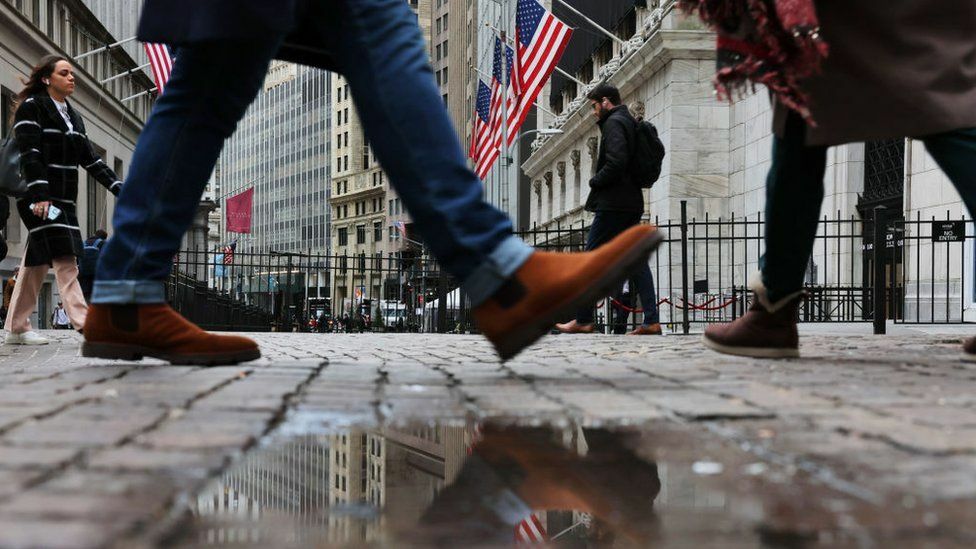Fed holds interest rates steady amid persistent inflation concerns

The Federal Reserve has opted to keep interest rates steady, marking the first time in over a year that it has not increased them. The decision, which holds the benchmark rate between 5% and 5.25%, allows officials time to evaluate the impact of ten prior rate hikes since March 2022. These measures were implemented in an attempt to control inflation.
Most Federal Reserve officials anticipate further rate hikes, with predictions that the benchmark rate will exceed 5.5% by year’s end. Central banks in Australia and Canada have also recently raised rates to combat lingering inflation pressures, and the European Central Bank is expected to follow suit this week.
“We’re just not seeing a lot of progress,” Federal Reserve Chairman Jerome Powell said, referring to evident signs of inflation slowing down. Consumer prices have risen 4% in the year leading up to May and remain well above the 2% rate considered healthy by the bank.
With interest rates at their highest since 2007, Powell noted that future increases might occur at a more moderate pace. The theory behind this approach is that higher borrowing costs will ultimately reduce loan demand, cooling the economy and reducing price pressures. Despite the slight dip in home sales, the US economy has been more resilient than expected.
Fed policymakers have revised their initial forecasts, now predicting a 1% growth in the US economy this year and a lower unemployment rate of 4.1%. However, less progress is expected in controlling inflation than estimated in March.
“The Fed had to do something to knock market optimism today, otherwise it risked a tougher inflation fight and deeper economic woes down the line,” said Seema Shah, Chief Global Strategist at Principal Asset Management.
The Federal Reserve must also account for the potential impact of recent bank failures on lending. Charles Lieberman, Chief Investment Officer at Advisors Capital Management, who formerly worked at the Federal Reserve Bank of New York, believes the decision to pause rate hikes acknowledges the risk of causing an economic downturn and job loss with rates rising too rapidly.
Chief Economist at KPMG, Diane Swonk, warns that the public should not anticipate a return to lower rates anytime soon. She believes the central bank will be more proactive due to increased geopolitical tension, regional supply chain reliance, and extreme weather events. Swonk stressed that the current pause should not be viewed as an endpoint, stating, “They don’t want to let their guards down yet with regard to inflation.”
Latest Thailand News
Follow The Thaiger on Google News:


























